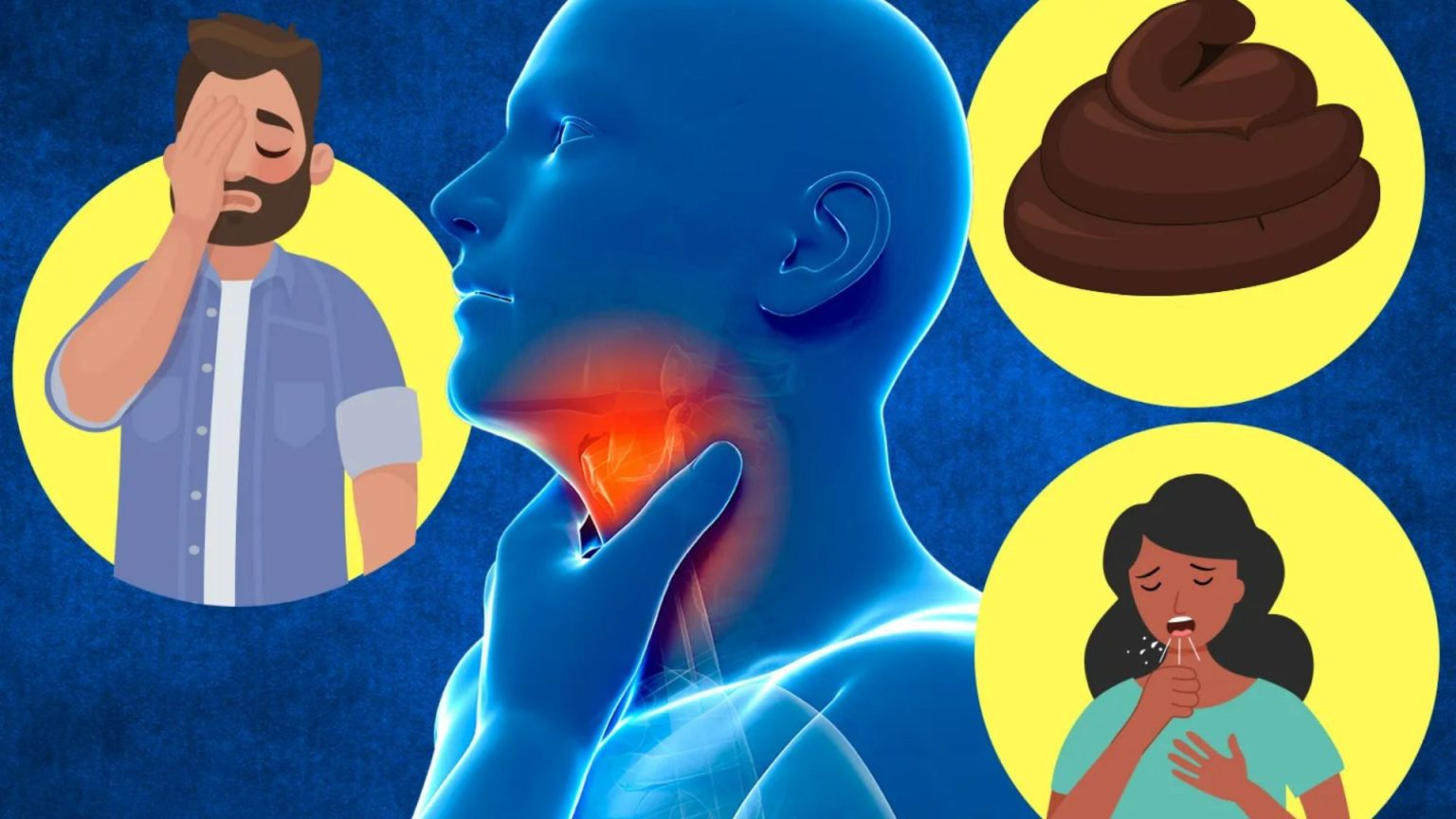Oesophageal cancer, a malignancy affecting the food pipe connecting the throat to the stomach, presents a significant health concern in the UK, exhibiting higher incidence rates than many European countries. While often overshadowed by more prevalent cancers like breast, prostate, lung, and bowel, the UK’s rate of 14.2 cases per 100,000 individuals surpasses those of Spain, France, and Germany, highlighting the need for heightened awareness and research. This alarming statistic underscores the gravity of the disease, which often remains undiagnosed until advanced stages due to its initially vague symptoms, leading to poor patient outcomes with a five-year survival rate of less than 20%.
Early detection of oesophageal cancer is crucial for improving survival rates, and recognizing the subtle warning signs can be life-saving. While common symptoms include difficulty swallowing, unexplained weight loss, persistent indigestion or heartburn, and pain in the throat or behind the breastbone, there are other less obvious indicators that warrant attention. A persistent sore throat that doesn’t resolve on its own, especially accompanied by a feeling of pain or burning in the centre of the chest, can be a red flag. Difficulty swallowing, characterized by pain, a burning sensation, or the feeling of food sticking in the throat, should also prompt immediate medical consultation. These seemingly minor issues can mask the insidious onset of oesophageal cancer, and early intervention is paramount for effective treatment.
Beyond the commonly known symptoms, there exist more insidious and easily overlooked signs of oesophageal cancer. These include a persistent cough that refuses to subside, hoarseness or a change in voice, vomiting blood, anemia manifesting as unusual tiredness and breathlessness, and changes in bowel habits, particularly dark red or black stools. These symptoms, while not exclusively indicative of oesophageal cancer, warrant immediate medical attention, especially if they persist or worsen. Any unexplained and persistent change in bodily function deserves investigation, and seeking medical advice promptly can significantly improve the chances of early diagnosis and successful treatment.
Several risk factors contribute to the development of oesophageal cancer, and understanding these can aid in prevention and early detection. Smoking, excessive alcohol consumption, and obesity are prominent lifestyle factors that significantly increase the risk. Chronic acid reflux and Barrett’s oesophagus, a condition where the cells lining the oesophagus become abnormal due to prolonged acid exposure, are also major risk factors. Individuals with a history of these conditions should be particularly vigilant about monitoring for potential symptoms and seek regular medical checkups for early detection.
The NHS recommends seeking urgent medical attention if you experience persistent vomiting for more than two days, notice black or dark red stools, or have any concerns about potential oesophageal cancer symptoms. Early diagnosis is crucial for improving treatment outcomes, and delaying medical consultation can significantly reduce the chances of survival. If you experience any of the aforementioned symptoms, it is essential to contact your GP or call NHS 111 immediately. Prompt action can make a significant difference in the fight against this often fatal cancer.
Oesophageal cancer awareness is vital, and understanding the symptoms, both common and less obvious, can empower individuals to seek timely medical attention. While the statistics regarding oesophageal cancer in the UK are concerning, increased awareness, coupled with proactive healthcare seeking, can improve early detection rates and ultimately save lives. Regular health checkups, especially for those at higher risk, are essential for identifying potential issues early on. By remaining informed and vigilant, individuals can take proactive steps to protect their health and improve their chances of overcoming this challenging disease.


